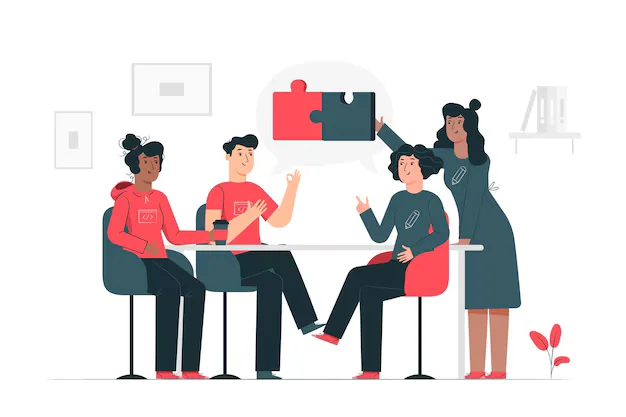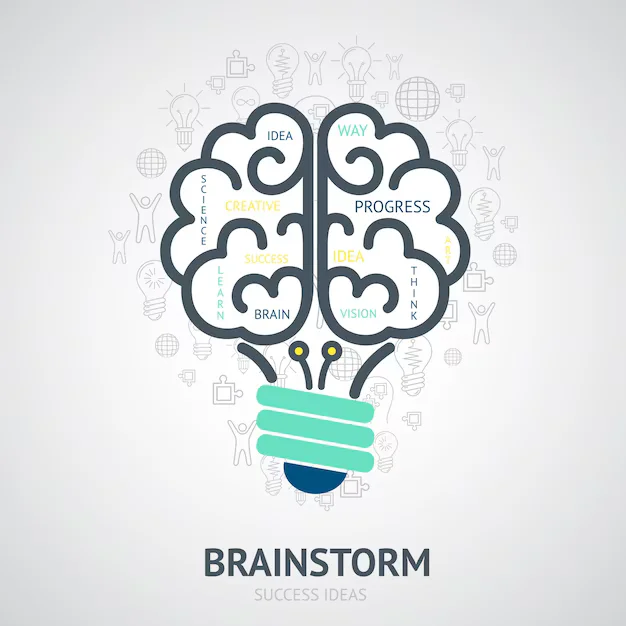How to use Maslow's hierarchy of needs to understand your customers

Maslow's hierarchy of needs provides a comprehensive motivational theory analyzing basic needs and self-actualization needs throughout different life stages, making customer's motivations essential for a successful marketing strategy.
Applying Maslow's hierarchy of needs and a substantial focus on psychological studies are key to understanding customer's motivations and crafting an effective marketing strategy to win in business.
Understanding human nature, especially through Maslow's hierarchy of needs, is vital for improving your marketing strategy and building relationships that cater to customer's motivations.
This article will enlighten you about how to use Maslow's hierarchy of needs to understand your customers and how their needs create patterns you can leverage to win their patronage. Let us begin!
What is Maslow's hierarchy of needs?
It is a motivational theory put forward by Abraham Maslow in 1943, which has since been integral to understanding customer's motivations. The motivational theory states that our actions are driven by basic needs and is best represented by a five-tier model pyramid of human needs.
The five-tier model shows that the basic needs are at the bottom, while self-actualization needs and other complex needs are at the top of the pyramid. The motivational theory suggests that human beings are first motivated by the desire to fulfill their basic needs before addressing self-actualization needs.
After fulfilling lower-level needs, individuals begin addressing their more complex self-actualization needs. At its core, Maslow's hierarchy is centered on studying what makes people happy and the lengths they will go to achieve self-actualization needs and full potential.
In business and corporate society, Maslow's hierarchy of needs serves as an effective team motivation strategy for turbulent times. Basic needs and self-actualization needs are akin to human instincts and cannot go unattended.
Therefore, a proper understanding of human needs engenders excellence in customer service. The reason is that business owners can use this knowledge to streamline their products and services to meet consumer needs.
Eventually, customers remain loyal to a particular enterprise because they feel the company somehow understands them.
The five components of Maslow's hierarchy of needs as it relates to customer behavior

Maslow argued that people will first fulfill their basic needs at the bottom of the pyramid before progressing to more complex ones at the top, showcasing human motivation in the process.
Also, not everyone progresses beyond basic needs; many people get stuck at the bottom of the pyramid, showing how human motivation can be influenced by job security and the need to feel safe.
Therefore, we will discuss the five components of Maslow's hierarchy of needs, from the bottom essential to the top complex needs. Since customers are human beings, they are less likely to behave differently and will conform to the theory. Here is how it happens.
Physiological needs
Physiological needs, which Maslow argued are the most basic needs, include essentials like food, water, air, reproduction, clothing, and shelter for every person. These are the basic needs of every person, without which survival would be impossible, emphasizing the importance of human motivation and security.
Such knowledge can feel good and guide you towards what type of business to establish, highlighting the need to apply Maslow's hierarchy to ensure job security and home security.
People who address basic human needs and understand human motivation often make regular sales, especially when they build relationships and offer job security.
Security and safety

People desire to control their lives and choices, which is a basic need and a fundamental aspect of human motivation. As a result, the power of decision-making is essential, even in business. Interestingly customers want to feel safe and in control of their choices.
Some of the basic security and safety needs include but are not limited to financial security, health and wellness, and safety from accidents and injury, thus necessitating insurance policies.
As an entrepreneur, you can use this knowledge to provide financial security for your customers by ensuring they feel safe and feel appreciated when running huge financial deals, which can build relationships and enhance human motivation.
Therefore, an effective strategy to build relationships and feel appreciated is to provide transparent financial documentation like online generated invoices that are easily accessible, ensuring job security and customer trust.
You can also improve your staff strength by upgrading your online paystubs, which can enhance job security, feel appreciated, and build relationships within your work environment. A formidable staff strength also gives customers faith in your business. It shows that you will be in business for a long time.
Social needs
Believe it or not, social needs drive customer behavior in business, reflecting human motivation and the desire to build relationships and feel good within a work environment.
Your customers want to enjoy a sense of belonging while doing business with you, as Maslow argued, fulfilling their basic need for social connections and freedom to build relationships.
Essentially, many of the top firms in the world thrive on socialization, build relationships, and create a sense of community, addressing human motivation and basic needs.
To fulfill the basic need for socialization and human motivation, you can send friendly emails to your customers, helping them feel appreciated and part of a community.
You can also use these periodic emails and newsletters for invoicing your customers, which helps build relationships, feel appreciated, and maintain a positive work environment and getting them to pay outstanding invoices.
Esteem needs
There is no overemphasizing the need for appreciation and recognition. It is an essential human emotional need. One of the most effective ways to keep your customers hooked is to show considerable recognition. Your customers need to feel that you are in business because they keep coming.
Most enterprises employ gift-giving at specific periods to offer their customers appreciation for their patronage. Some companies print thank you notes and paper bags to show that they value their customers.
As an operational procedure, most establishments take their employees on customer relationship training courses to care for customers' self-esteem.
Self-actualization
Self-actualization is at the apex of Maslow's hierarchy of needs and highlights the human need for personal growth. People have an undying need to feel like they are making a difference through their contributions.
As a result, customers also need to think like their opinion counts when doing business with you. Self-actualization is the reason behind most negotiations and suggestion boxes in several establishments.
Some companies invite top customers to business meetings and make their shareholders feel empowered to drive the business.
Final thought
Even though Maslow's hierarchy of needs applies to psychology and sociology, its wisdom is applicable in business. Customers are human beings, and every successful business deal hinges on the smooth interaction between the business owners and their customers.
Hopefully, this piece shows you how this age-old theory helps build entrepreneurial success.

